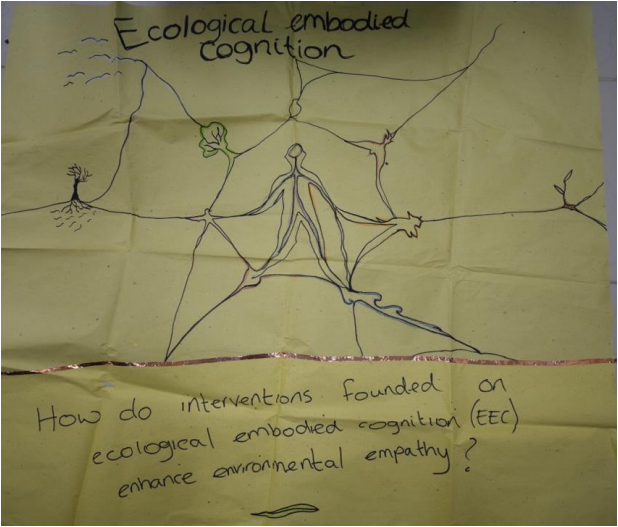Dr. Joane V. Serrano, Professor and Dean of the Faculty of Management and Development Studies (FMDS), University of the Philippines Open University (UPOU), and Dr. John Martin, UPOU Visiting Professor from the University of Plymouth, United Kingdom published a journal article titled, “An Exploration of the Contribution of Embodied, Situated Research Strategies to Cultural Ecosystem Services and Landscape Assessment Frameworks: An Environmental Empathy Case Study.”
The article was co-authored with Dr. Klara Łucznik, a ColLaboratoire 2020 mentor from the University of Plymouth, and was published on 23 May 2022 in Avant — an open access and peer-reviewed journal on interdisciplinary studies. Avant publishes online in bilingual language, English and Polish, with three issues per year — two of which are fully international. It is indexed by Scopus (Elsevier), Web of Science, and other reputable indexing bodies.
In the article, the authors discussed the intangible nature of Cultural Ecosystem Services (CESs), which made it difficult to research, quantify, and measure; thereby limiting its integration in management plans for ecosystem sustainability. With this, the article aimed to explore embodied and situated strategies that will help in understanding CES, particularly its human-environment relationship.
To do this, the authors differentiated various frameworks and models that had influenced CES valuation, followed by an analysis of a case study on the Environmental Empathy Research Challenge. The frameworks and models introduced were 1) Ecosystem Services Framework, which focused on economic valuation; 2) Complex Systems Theory, which emphasized the environmental and social aspects of a place; 3) Landscape Character Assessment Framework, which put people and place at the heart of landscape; and 4) Embodied Ecosystems Model, which built up from affordance theory — asserting that CESs were product of interaction among environment, culture, body, and mind.
Furthermore, the article analyzed a case study on the Environmental Empathy Research Challenge, which was part of the ColLaboratoire 2020 Research Residency in Siargao Island, Philippines. The stakeholders were research fellows from diverse disciplinary backgrounds; specifically composed of a forestry advocate, an environmental ethicist, a multimedia artist, an NGO project manager, and an environmental studies researcher. They were supported by equally diverse facilitators, three of whom were the authors of the article. In the Environmental Empathy Research Challenge, the research fellows explored the use of embodied and situated approaches, such as Embodied Empathy and Walking Maps. These workshops gave the research fellows a shared experience, which served as the social glue in addressing the research challenge in a focused yet multi-disciplinary way.

Diagram of a multidisciplinary approach to the Environmental Empathy Research Challenge developed by the ColLaboratoire 2020 research fellows.
One of the components highlighted in the article was empathy, defined as “the ability to perceive the state of others through the embodied experience of oneself.” It emphasized the importance of accounting the emotional state of one’s experience in understanding human-environment interactions. Environmental empathy, then, is the capacity to understand the natural world’s emotional state.
“Individuals who have empathy for the environment, particularly as it relates to the consequences of environmental harm, are likely to support sustainability goals,” stated the article, echoing a study on “Empathy, Place and Identity Interactions for Sustainability” (Brown et. al., 2019).
Results of the case study showed that interactive, embodied, and situated workshops contributed to the development of CESs and landscape research projects. It also resulted in the development of a novel framework called Ecological Embodied Cognition (EEC), which asks the question “How do interventions founded upon EEC enhance environmental empathy?” In addition, the authors suggested that the use of embodied and situated approaches to a research topic could provide a common ground among researchers, thereby facilitating multi-disciplinary collaboration.

Visual representation of the ecological embodied cognition (EEC) framework developed by the ColLaboratoire 2020 research fellows.
For future projects, the authors recommended implementing similar interventions, following the same principles of the case study, but based on a bigger scale of EEC to further contribute to the development of the framework.
The full text of the article can be accessed and downloaded for free through this link.
Written by Written by: Rhea Ariele Pascua • Edited by: Dr. Joane V. Serrano

















FMDS Socials